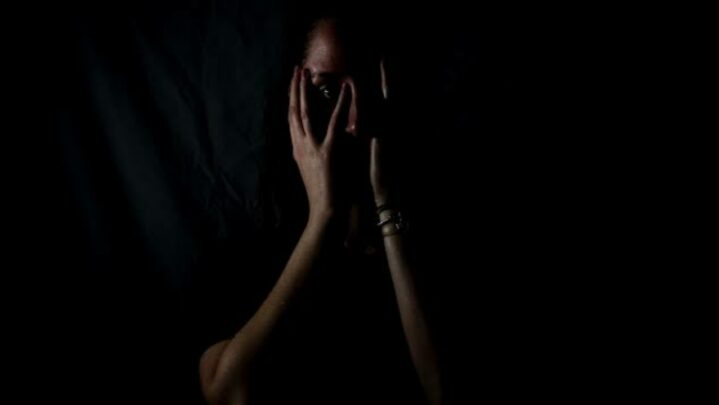Separation anxiety is a common occurrence among newborns and toddlers. Separation anxiety is common in young children, but most children overcome it by the time they reach the age of three. Starting as early as preschool age, separation anxiety can be an indication of a more serious condition known as a separation anxiety disorder in certain children. If your child’s separation anxiety is severe or persistent, especially if it interferes with school or other daily activities, or if it is accompanied by panic attacks or other issues, he or she may be suffering from a separation anxiety disorder. Separation anxiety disorder can affect teenagers and adults on a less frequent basis, causing severe difficulties leaving the house or going to work. However, treatment may be beneficial.
Symptoms
When symptoms are severe for the developmental age and create significant difficulty in everyday functioning, separation anxiety disorder is identified. Among the signs and symptoms are:
Predicting or being away from home or loved ones causes frequent and extreme distress.
Worrying constantly and excessively about losing a parent or other loved one to illness or calamity.
The constant fear of something horrible happening, such as becoming lost or kidnapped and being separated from parents or other loved ones.
Because they are afraid of being separated from their family, they refuse to leave the house.
Reluctance or refusal to sleep away from home without a parent or other loved one nearby Not wishing to be home alone and without a parent or other loved one in the house
Separation nightmares regularly.
When a parent or other loved one is expected to be separated from them, they frequently complain of headaches, stomachaches, and other symptoms.





